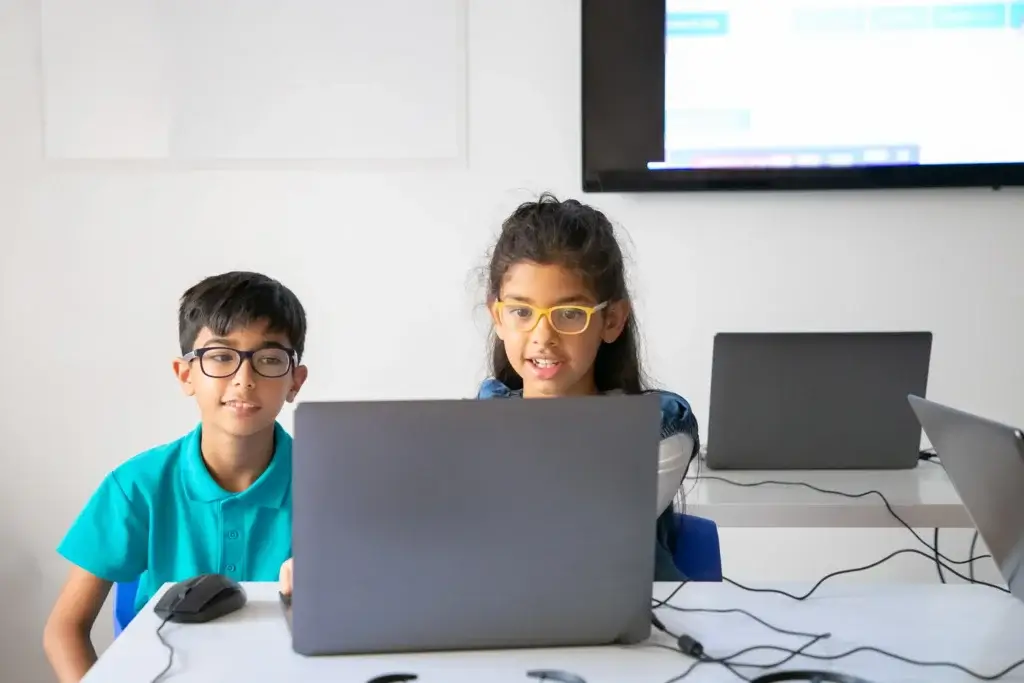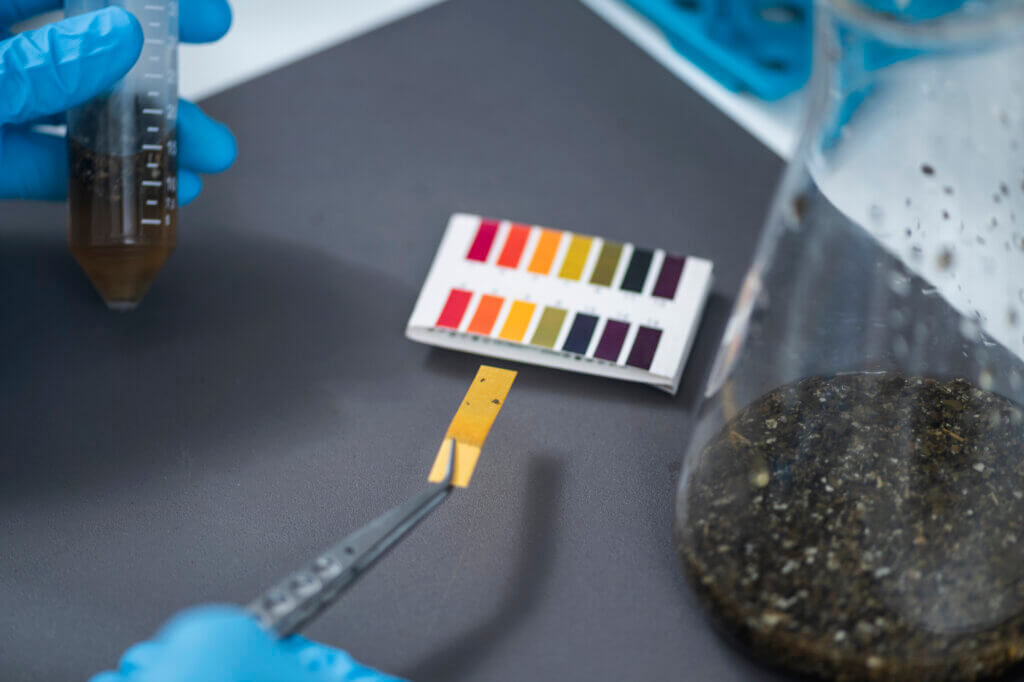CBSE Class 10th Books 2025-26: Subject-Wise Reference Books
Relying on just NCERT textbooks for the CBSE Class 10 exam can leave gaps in understanding and limit practice opportunities. Even though NCERT textbooks form the foundation for Class 10 preparation, relying only on them may leave gaps in weak areas or advanced problem-solving. Supplementing with reference materials strengthens concepts, provides varied practice, and builds confidence across Science, Mathematics, English, Social Science, and Hindi. In this guide, we explore how students can choose the best reference materials, optimize their study strategy, and strengthen weak areas to maximize CBSE Class 10 performance. By focusing on concept clarity, practice, and exam-oriented preparation, students can approach the board exams with clarity and confidence. Top Reference Books for CBSE Class 10 For students preparing for the CBSE Class 10 exam, essential reference books include R.D. Sharma or R.S. Aggarwal for Mathematics, Lakhmir Singh & Manjit Kaur for Science, Xam Idea or Arihant’s All in One for Social Science, and Wren & Martin or BBC Compacta for English. Pairing these with NCERT textbooks and NCERT Exemplar helps build a solid foundation. These reference books offer clear explanations, extra practice exercises, and board-style questions that simplify challenging concepts and reinforce learning. Selecting the right book for each subject allows students to target weak areas, practice efficiently, and approach the board exams with confidence. Mathematics Science Social Science English Hindi Common Mistakes to Avoid When Using Reference Books Conclusion While NCERT textbooks form the foundation for CBSE Class 10 preparation, reference books play a crucial role in clarifying concepts, providing extra practice, and preparing students for application-based and board-style questions. Selecting subject-specific, syllabus-aligned books ensures focused learning, strengthens weak areas, and builds confidence. By using reference books strategically alongside NCERT, managing time effectively, and avoiding common mistakes, students can maximize their preparation and approach the board exams with clarity, skill, and assurance. People Ask Questions Where can I find CBSE Class 10 books to download? You can download the official NCERT Class 10 textbooks in PDF format from the NCERT website. They are available in English, Hindi, and Urdu, and you can choose to download either the full book or individual chapters for free. Which is the best reference book for Class 10 Maths? For Class 10 Maths, R.D. Sharma and R.S. Aggarwal are excellent choices. They provide step-by-step explanations, a variety of practice questions, and solved examples to help strengthen your understanding and problem-solving skills. Which book is considered the best for Class 10 Physics? For Physics, Lakhmir Singh & Manjit Kaur are widely recommended. The book explains concepts clearly, includes diagrams and examples, and offers practice questions that align with CBSE exam patterns. How can I score above 90% in the Class 10 exam? Scoring above 90% requires consistent revision, solving sample papers, and regular practice of NCERT and reference book questions. Managing time well during preparation and practicing exam-style questions also helps improve accuracy. Is studying only NCERT enough to score well in Class 10 board exams? Yes, NCERT covers the entire CBSE syllabus and is sufficient for scoring well. However, reference books are useful to clarify concepts, practice additional questions, and prepare for higher-order problems. Which CBSE guidebook is best for Class 10 students? For a strong foundation, NCERT textbooks should be your priority. To supplement learning, reference books like R.D. Sharma (Maths), Lakhmir Singh & Manjit Kaur (Science), Xam Idea/Arihant All-in-One (Social Science), and Wren & Martin (English) help in practice, revision, and deeper concept clarity.










